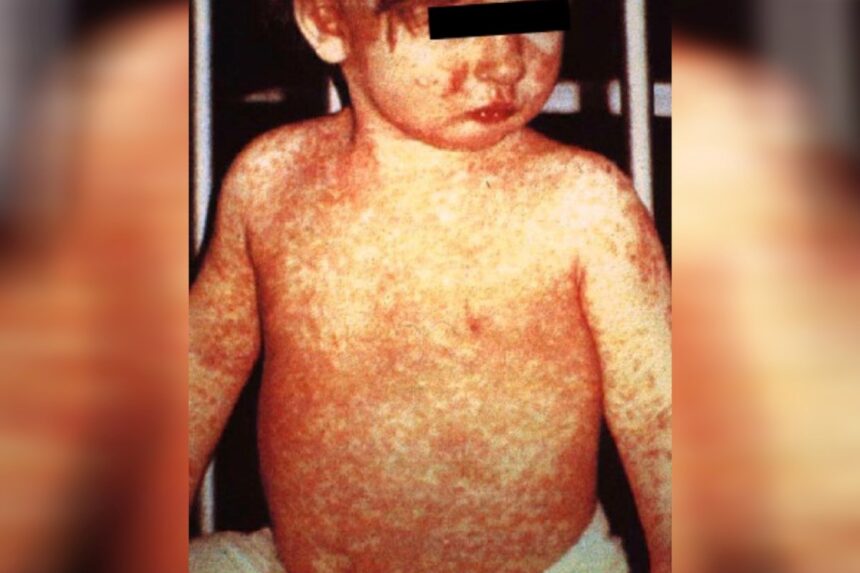The digital age has created an unprecedented crisis in public health communication, with misinformation flowing freely across the Canada-US border and threatening decades of progress in disease prevention. A troubling investigation by the Journal of the American Medical Association reveals that false health claims originating in the United States are increasingly finding fertile ground in Canadian communities, contributing to declining vaccination rates and growing skepticism of established medical science.
“We’re witnessing a perfect storm where social media algorithms, political polarization, and declining trust in institutions converge,” explains Dr. Margaret Chen, epidemiologist at the University of Toronto. “Health misinformation doesn’t recognize borders, and Canadians are increasingly consuming content from American sources that may not align with our public health consensus.”
The phenomenon has alarmed Canadian health officials, who note that vaccination rates for preventable diseases have dropped by nearly 12% in certain regions over the past five years. This decline correlates directly with areas where social media engagement with health misinformation is highest, according to research from the Public Health Agency of Canada.
One particularly concerning trend is the “spillover effect” of American political polarization into Canadian health discourse. Issues that have become politically charged in the US—from vaccine safety to pandemic response measures—are increasingly framing health conversations north of the border, despite Canada’s traditionally less polarized approach to public health.
“What makes this particularly challenging is that health misinformation often contains kernels of truth mixed with significant distortions,” notes Dr. Jason Leong, medical misinformation researcher at McMaster University. “A study might be real but presented completely out of context, making it difficult for the average person to distinguish fact from fiction.”
The economic implications are substantial as well. Health Canada estimates that preventable disease outbreaks fueled by vaccine hesitancy cost the healthcare system approximately $267 million annually—funds that could otherwise support critical medical research or improve healthcare access in underserved communities.
Provincial health authorities are responding with targeted digital literacy campaigns, but face an uphill battle against sophisticated misinformation networks that can adapt and evolve faster than official responses. The challenge is particularly acute in rural and remote communities where access to healthcare professionals who can counter misinformation is limited.
“This isn’t just about individual health choices—it’s about the resilience of our entire public health system,” warns Dr. Chen. “When misinformation reaches a critical mass, it can undermine even the most effective public health initiatives.”
Experts recommend a multi-faceted approach to combat the crisis, including greater collaboration between Canadian and American health authorities, investment in digital media literacy education, and more proactive engagement from medical professionals on social media platforms where misinformation thrives.
As global health challenges continue to emerge, the integrity of public health information has never been more critical. The question facing Canadians now is whether we can develop the societal antibodies needed to recognize and reject health misinformation before it further erodes our collective immunity to preventable diseases.











